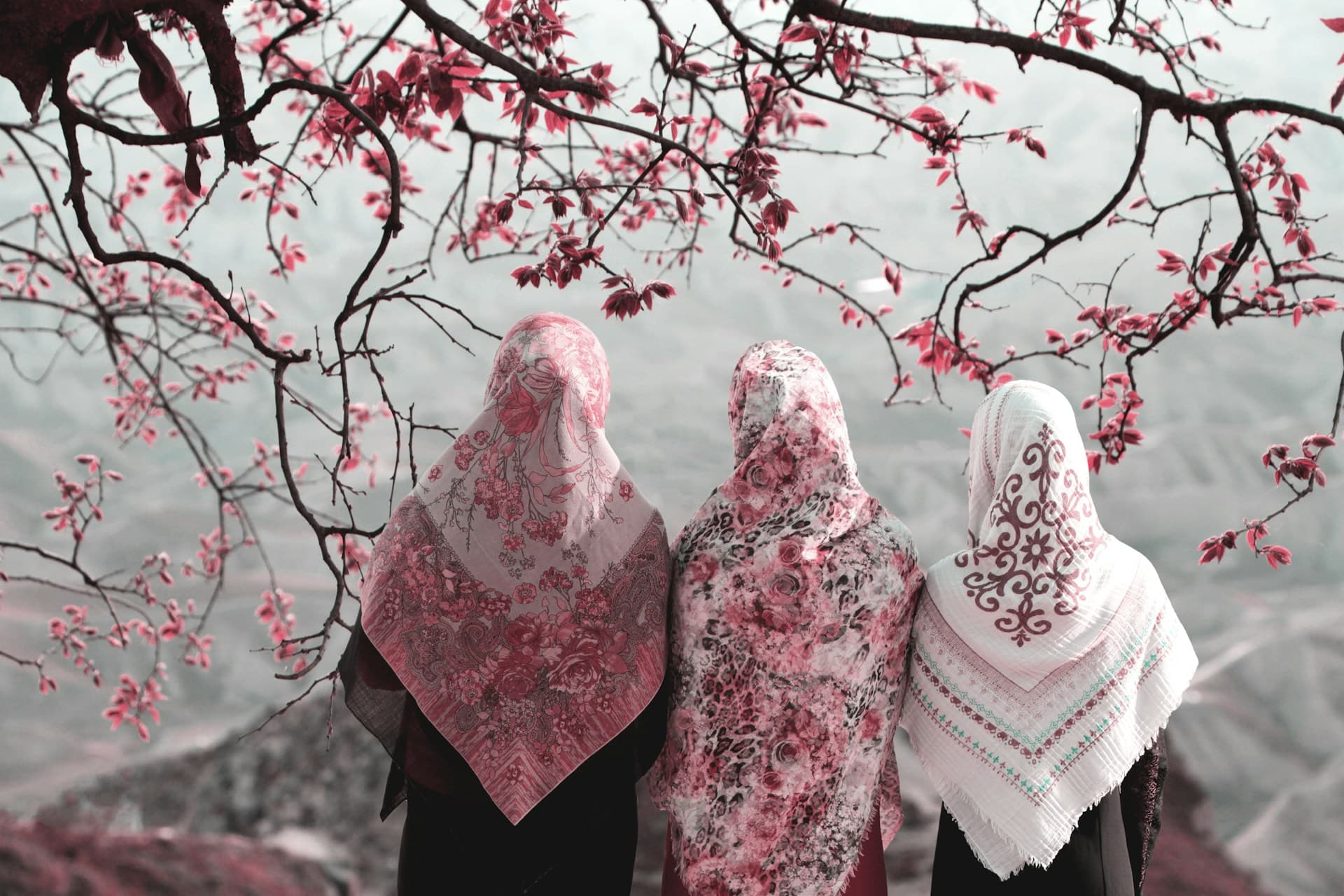The Role of Women in Islam

The role of women in Islam is a topic of significant importance and often subject to misconceptions. Islamic teachings grant women a comprehensive set of rights and responsibilities, emphasizing their spiritual and intellectual equality with men. From the earliest days of Islam, women have been active participants in religious, social, and political life, contributing to the development of Islamic civilization.
Equality in Spiritual and Moral Worth
The Quran explicitly states that men and women are equal in the eyes of God. Both are accountable for their actions and have the opportunity to attain spiritual fulfillment. The Quran says, "Indeed, the Muslim men and Muslim women, the believing men and believing women... for them Allah has prepared forgiveness and a great reward" (Quran 33:35).
This spiritual equality forms the foundation for women's rights and roles in Islamic teachings, affirming their capacity to contribute meaningfully to all aspects of life.
Educational Rights
Education is highly valued in Islam for both men and women. The Prophet Muhammad stated, "Seeking knowledge is an obligation upon every Muslim." Women are encouraged to pursue knowledge to enhance their understanding of the faith and to contribute to society. Historically, Muslim women have been scholars, teachers, and patrons of education.
Figures like Aisha bint Abu Bakr, the Prophet's wife, played a crucial role in transmitting Hadith and Islamic jurisprudence. Her contributions have had a lasting impact on Islamic scholarship.
Economic and Legal Rights
Islamic law grants women the right to own property, conduct business, and receive inheritance. These rights were revolutionary at the time of Islam's inception, providing women with financial independence and legal recognition. Women can enter into contracts, manage their assets, and are entitled to a mahr (dower) in marriage, which remains their personal property.
In many Muslim societies today, women actively participate in various professions, including law, medicine, engineering, and entrepreneurship, reflecting the continuation of these rights.
Participation in Social and Political Life
Women in Islamic history have held significant social and political roles. Khadijah bint Khuwaylid, the Prophet's first wife, was a successful businesswoman and the first person to embrace Islam. During the early Islamic period, women participated in public affairs, voiced their opinions, and were involved in community decision-making.
In contemporary times, Muslim women serve as political leaders, activists, and influencers advocating for social justice, education, and human rights within their communities and beyond.
Challenges and Cultural Practices
Despite the rights granted by Islamic teachings, cultural practices and societal norms in some regions have restricted women's roles and freedoms. These practices often stem from traditions that predate Islam or from misinterpretations of religious texts. Efforts to address these challenges involve re-examining Islamic sources to promote a more accurate understanding of women's rights.
Organizations and scholars are working to empower women by emphasizing education, legal reforms, and advocacy, aligning cultural practices with Islamic principles of justice and equality.
Conclusion
Women have played and continue to play vital roles in Islam, contributing to its development and vibrancy. Islamic teachings support the rights of women to participate fully in spiritual, educational, economic, and social spheres. Recognizing and implementing these teachings is essential for the well-being and advancement of Muslim societies. By honoring the true principles of Islam regarding women's roles, communities can foster greater equity and progress.